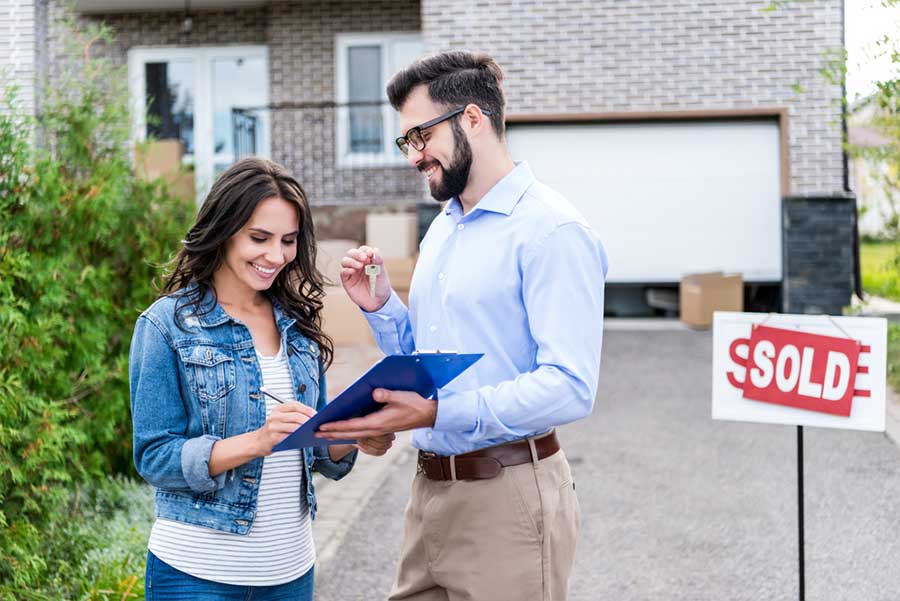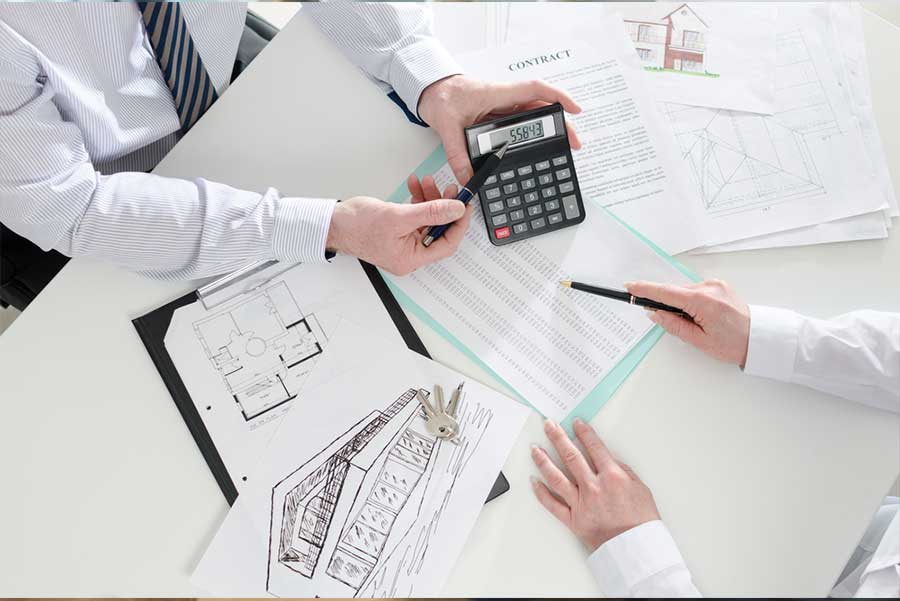If you buy a second home in addition to your main place of residence, you’ll need to pay extra stamp duty. In England, Northern Ireland and Wales this means you’ll pay an extra 3% on top of standard stamp duty rates. In Scotland, you’ll pay an additional 4%. It means that a £350,000 holiday home will cost you an extra £18,000 in England and Northern Ireland, in Wales it would be £17,950 and in Scotland you’d pay an extra £22,350.
Owning two properties can add up and it’s not just the extra cost of gas, electricity, or even furniture.
Since April 2016, anyone buying a second home will also need to pay extra stamp duty. So, if you’ve been toying with the idea of a country pad or a flat in town, here’s what you need to think about.

How much is stamp duty UK for second homes?
If you’re in England, Northern Ireland or Wales and buy a second home valued at £40,000 or more, you’ll need to pay an extra 3% on top of the standard stamp duty charge.
Second home owners buying property in Scotland now face a 4% surcharge after new rules came into effect in January 2019.
In England and Northern Ireland, the official name for stamp duty is Stamp Duty Land Tax (SDLT). In Scotland, it’s known as Land and Buildings Transaction Tax (LBTT) and in Wales, it’s the Land Transaction Tax (LTT).
Here’s a look at the current standard stamp duty thresholds and the second home surcharge:
| Stamp Duty land Tax (SDLT) in England and Northern Ireland | ||
| Value of property | Standard SDLT | With second home surcharge (3%) |
| Up to £125,000 | 0% | 3% |
| Up to £250,000 | 2% | 5% |
| Up to £925,000 | 5% | 8% |
| Up to £1.5 million | 10% | 13% |
| Over £1.5 million | 12% | 15% |
| Land and Buildings Transaction Tax (LBTT) in Scotland | ||
| Value of property | Standard LBTT | With second home surcharge (4%) |
| Up to £145,000 | 0% | 4% |
| Up to £250,000 | 2% | 6% |
| Up to £325,000 | 5% | 9% |
| Up to £750,000 | 10% | 14% |
| Over £750,000 | 12% | 16% |
| Land Transaction Tax (LTT) in Wales | ||
| Value of property | Standard LTT | With second home surcharge (3%) |
| Up to £180,000 | 0% | 3% |
| Up to £250,000 | 3.5% | 6.5% |
| Up to £400,000 | 5% | 8% |
| Up to £750,000 | 7.5% | 10.5% |
| Up to £1.5 million | 10% | 13% |
| Over £1.5 million | 12% | 15% |
How do I work out how much stamp duty I need to pay?
Stamp duty is tiered which means you pay a different amount on different portions of the property price. The more tiers the house price fulfills, the more you’ll pay.
For example, if you wanted to buy a £350,000 holiday home in England, you’d pay:
- 3% on the first £125,000 which is £3,750.
- 5% on the next £125,000 which is £6,250.
- 8% on the remaining £100,000 which is £8,000.
- The total SDLT you’d pay is £18,000 (compared to £7,500 if this was your only home).
In Wales, the LTT on a second home of the same price would set you back £17,950 and in Scotland, LBTT would cost you a staggering £22,350.
If you don’t fancy doing the maths yourself, you can work out the stamp duty you owe with these quick and simple to use calculators:

Are there any exemptions from stamp duty on second property?
Some properties are exempt from second home stamp duty, for example:
- Anything costing less than £40,000.
- If land or property has been gifted to you.
- If you inherit land or property.
- If property has been transferred to you because of divorce.
- Caravans, houseboats and mobile homes are exempt no matter how much they cost.
It’s worth bearing in mind that if you’ve been given or inherited property then they will count towards any future house purchases you make.
So, for example, if a grandparent left you a property in their will, you could transfer the deeds of ownership without paying stamp duty. But, if you wanted to buy yourself a home at a later date, your inherited house counts as an existing property. This means you’ll need to pay second home stamp duty on the property you want to buy.
For more detailed information and legal technicalities, visit:
- GOV.UK, SDLT reliefs and exemptions
- Revenue Scotland, exemptions and reliefs from the ADS (additional dwelling supplement)
- GOV.WALES, higher rates purchases technical guide
Do I pay second home stamp duty on a buy-to-let property?
If you own another home then yes, you’ll need to pay the additional second home surcharge.
Do I pay second home stamp duty if I buy a new home while selling my old one?
The rules are fairly black and white when it comes to home ownership. If you own a property (or have a share of more than half of one) then you will have to pay stamp duty on any new property you buy – even if your current house is on the market.
However – while the law is clear on this, there is some light at the end of the tunnel.
For example:
Your current home (home A) is on the market but you want to buy a new home (home B). You intend for home B to be your main home. You have the funds to buy home B but haven’t yet sold home A. As it stands, if you go through with the purchase on home B (while still owning home A) you’ll need to pay the second home surcharge.
In this situation, it doesn’t matter whether your intention is to move into home B and make it your main home – the fact you have another property (home A) is all that matters.
Of course, if you sell home A and buy home B making home B your only property, then you won’t have to pay the surcharge.
If you buy home B and sell home A within three years , you can claim back the second home stamp duty payment. Your solicitor or conveyancer will be able to arrange this for you but you can get help and advice at:
- GOV.UK apply for a repayment of higher rate SDLT
- Revenue Scotland how to claim a repayment of ADS
- Welsh Revenue Authority

Do I pay second home stamp duty if I own property abroad?
In short – yes, you do, even if you’re a first-time buyer in the UK. If you have property abroad (or a more than 50% share of one) then you’ll be charged the second home stamp duty rate.
My spouse owns property but I don’t, do we still need to pay the second home surcharge on a joint home?
If you’re married and buying a home together, you’ll need to pay the higher rate stamp duty even if only one of you owns property.
If you wanted to avoid the extra stamp duty, you could consider just naming the partner without property on the deeds.
Make the most of moving home
There’s a lot to think about when it comes to climbing up the property ladder. Whether you’re looking to buy for the first-time or are considering your next investment move – we can help make the climb as stress free as possible. Simply visit our property hub for all the advice and guidance you need.